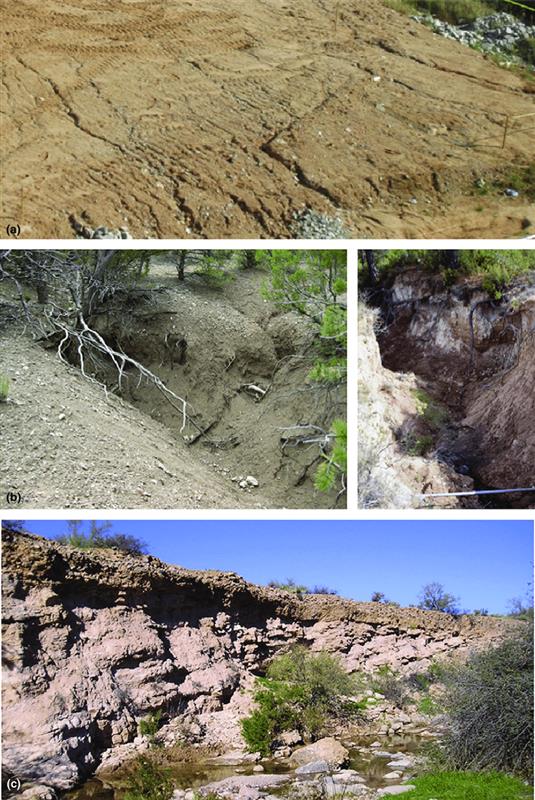
Erosion of topsoil has been a huge problem the past 200 years as successive waves of farmers not in tune with holistic cycles of ecology have focussed solely on maximising the outputs of a few crops.
J Russell Smith described this most eloquently in terms of what happened in the United States of America in his book: 'Tree Crops - a Permanent Agriculture', first published in 1929 (ISBN-10-1951682092) - in particular, he noted the rapid devastation of ground of significant gradient when denuded of trees with strong root systems and fatally planted with crops like maize or corn.
Smith's solution was to develop a new agriculture based on perennial tree crops, which encompassed considerable scientific research on species such as oak to maximise yields of acorns (which can be used to make flour), not to mention many other crop-bearing trees such as nut trees, fruit trees etc.
One tends to suspect that merely relying on trees as a food source might not be appropriate for a population of 7 billion, however it does appear to be the case that a dedicated focus on tree crops in terrain where traditional agriculture of vegetables, grains etc is not possible would add to the food web on earth in a sustainable way.
There is also certainly the basis for setting up a series of controlled experimental tree crop farms to see, over the period of the 21st century, what kinds of formulae of planting work best over the medium-to-longer term.
It is proposed that farmers should be given incentives to set aside 30 hectares for the development of tree crops, particularly on farms with more rolling land.